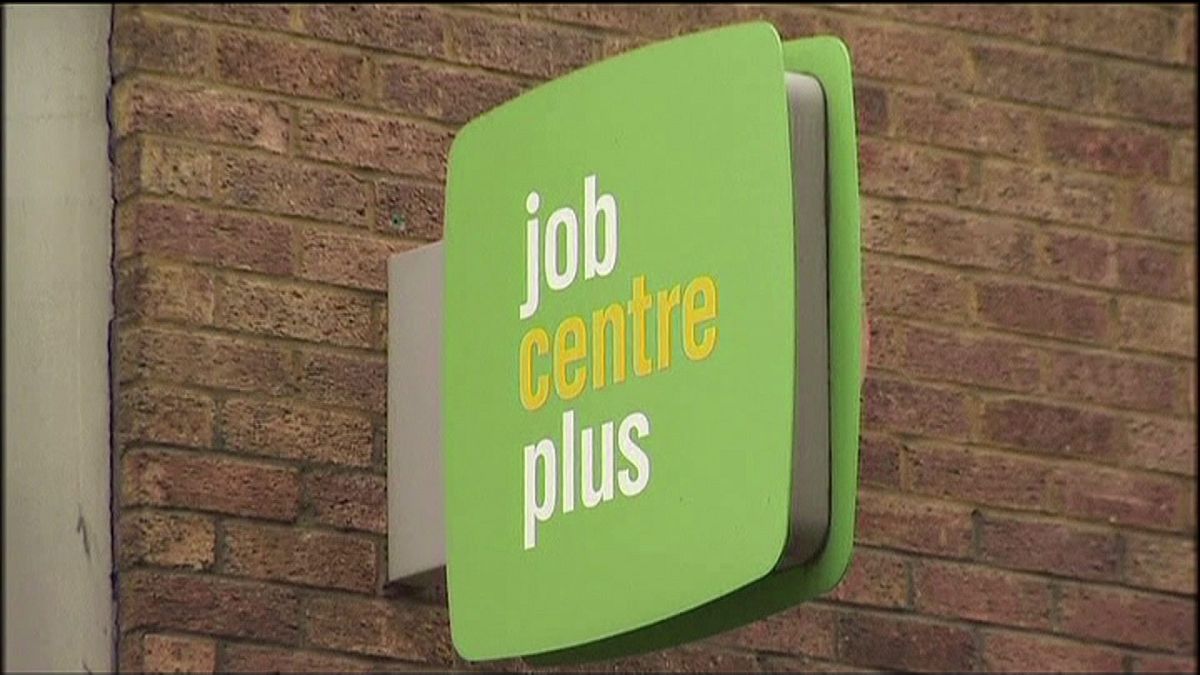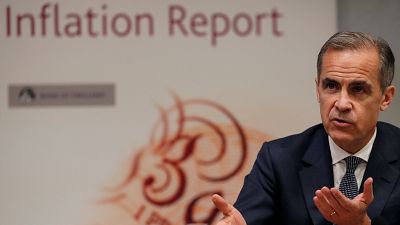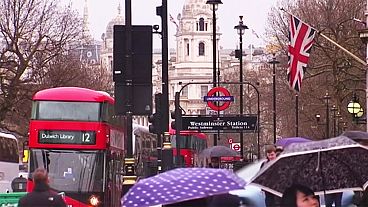UK unemployment was at 4.6 percent in Q1, the lowest level since 1975, but workers real earnings fell for the first time in two and a half years.
Unemployment in the UK dropped to its lowest level in nearly 42 years between January and March but at the same time workers saw their real earnings fall for the first time in two and a half years.
The unemployment rate declined more than expected to 4.6 percent of the workforce.
And the employment rate hit a new record of 74.8 percent of available workers as companies continued to hire workers at a fast pace.
Latest labour market statistics published today https://t.co/9cgxdjLl8y
— ONS (@ONS) May 17, 2017
But regular pay – adjusted for fast rising inflation – fell 0.2 percent, and in March alone was down by 0.5 percent.
Pay excluding bonuses rose by 2.1 percent year-on-year, the weakest increase since July.
A measure of real wage growth in the UK has fallen flat as unemployment hits a 1975-low https://t.co/O5BAPJkuvmpic.twitter.com/2SskfdPCAJ
— Financial Times (@FinancialTimes) May 17, 2017
The wages statistics underscore the growing financial squeeze facing many households because of the Brexit vote.
Employers plan to increase pay by just 1.0 percent in the year ahead, the weakest rate since 2013, a survey showed earlier this week.
The UK central bank, the Bank of England, has said it expects wages to rise by 2.0 percent this year before picking up in 2018 and 2019.
The gap between UK inflation (2.7% and rising) and wage growth (2.1%) is widening. Real wages falling at fastest rate in 3 years. pic.twitter.com/YmNIKe2Q4m
— Jamie McGeever (@ReutersJamie) May 17, 2017
Election issue
Weak wage growth is a major issue in the run up to the general election on June 8.
Britain’s opposition Labour Party has made wages one of its main campaign themes. It has promised a higher minimum wage and the end to a cap on public sector pay.
Prime Minister Theresa May has told voters she too is aware of the squeeze on their spending power and said she will cap energy prices, breaking with the Conservative Party’s usually pro-market stance.
Living standards squeeze is taking hold, despite record employment.
campbell_robb</a> responds to <a href="https://twitter.com/hashtag/unemployment?src=hash">#unemployment</a> figures <a href="https://t.co/kX6CRKASyV">https://t.co/kX6CRKASyV</a> <a href="https://t.co/q82NDs9xgp">pic.twitter.com/q82NDs9xgp</a></p>— Joseph Rowntree Fdn. (jrf_uk) May 17, 2017



